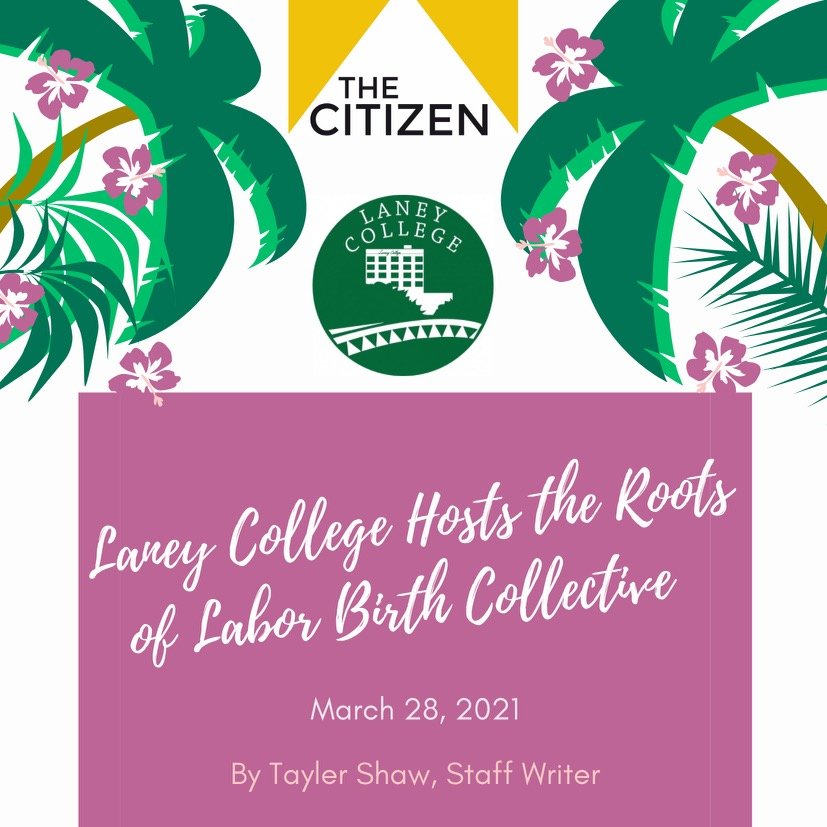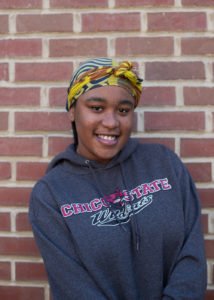
In honor of Women’s History Month, Laney College held a panel discussion featuring members of the Roots of Labor Birth Collective (RLBC) on Monday, March 22nd.
The event named “Birthing Justice In the Time of COVID-19” was presented by the Mexican/Latin American Studies and African American studies departments at Laney College and the Associated Students of Laney College (ASLC) and was led by RLBC birth doulas: Rebecca Orozco, Ajira Darch, and Nancy Chavez. The RLBC is committed to reproductive justice and plans to provide quality doula care to all birthing people, including those who may be incarcerated, undocumated, trans/queer, and low-income.
The RLBC doulas spoke about how some hospital policies have changed during the COVID pandemic, that have allowed doulas to participate in births virtually along with providing virtual assistance. A lot of crude has been shown from the medical-industrial complex in this pandemic and it’s been such a reflexive response to really shut out traditional birth workers.
Those in attendance were educated on the difference between the terms “doula” and “midwife.” Midwives support people in their birthing process, while doula originates from Greek origin and means servant. The word ‘doula’ was popularized in the 1980’s. The use of this term can be seen as problematic and uncomfortable, particularly for some people of color. This information really stuck out to me and I decided to pinpoint what I thought would be really important from what I heard. Being one of the oldest vocations, a midwife is a profession that is rooted in tradition across many cultures.
Additionally, there was clarification regarding obstetricians-gynecologists (OBGYNs). The term is they are physicians with medical degrees who work for medical-industrial complexes. Obstetrician-Gynecologists work within different fields of work, as a certified midwife in a hospital while others choose outside of this in general. The distinction between their general training and the personalized ways they provide care for clients is large. To clarify, a lot of this information was said during the event, and what I gathered from notes and from what I heard rounded into my own words.
Darch, Orozco and Chavez’s efforts that were displayed, clearly signified the importance of having support during the birth process. The RLBC’s reimagining of community support, advocacy for birth, life and death transitions, expresses love that is rooted from a strong community that aims to build resiliency for women, regardless of their culture or background.
More information on The Roots of Labor Birth Collective can be found on their website.


























